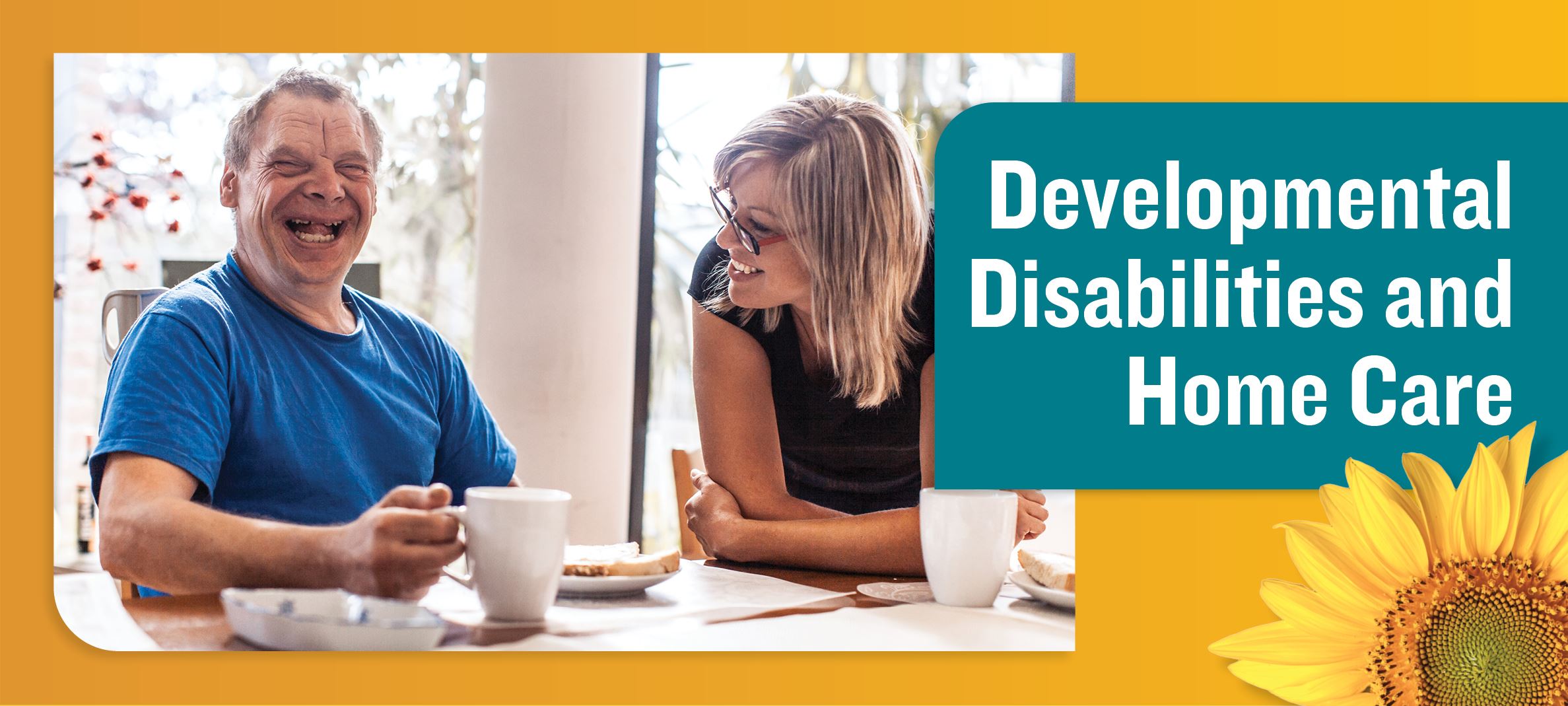People who are living with developmental disabilities often need a professional caregiver in addition to family member support. These disabilities might include people who are living with autism, Down syndrome, or another ailment.
Caregiving services for individuals who are living with developmental disabilities will vary depending on the specific needs and abilities of each client.
Empower
One way in which caregivers can provide support is to empower these individuals and focus on what they can do, rather than what they cannot do. This is called a person-directed approach to care and it can alleviate feelings of helplessness for the person who needs a little help. A professional caregiver can be there to help this person feel and be safe as they explore their unique interests out in the world and engage in fun games or activities together.
By building on strengths together, the caregiver and client can develop a bond focused on new challenges being overcome together.
Healthy Lifestyle
The Centers for Disease Control and Prevention has noted that a healthy diet and regular exercise can be harder to maintain for people who are living with developmental disabilities. A caregiver can assist with making healthy choices and become part of a weight control plan that includes more motivation and incentives, as well as medication reminders.
Respite
Caring for a loved one who is living with developmental disabilities is long-term commitment, and that means that breaks may be needed to maintain stamina for the caregiver. Hiring a professional caregiver who is ideally matched with the client can not only give a parent or sibling a break, it can be a chance to ease any feelings of loneliness.
Imagine how much each person can bring to their relationship by each going out and have separate experiences as a result of involving a professional caregiver. The person receiving care may get to explore the local zoo, see a car show, visit a museum, while their family caregiver might have lunch with a friend, see a movie, or go to the spa. When they are reunited, they will have stories to share to deepen their own relationship.
Caregiver Training
The Homewatch CareGivers University has many online courses available for both family and professional caregivers to those who are living with development disabilities. Our training standard for employees providing caregiving services is a minimum of 12 hours of continuing education annually; there is no limit or cost to what family caregivers can take on our professionally-developed online learning management system.
Courses include, but are not limited to:
An Overview of Different Types of Disabilities
Autism Spectrum Disorder Across the Lifespan
Supporting Individuals with Disabilities During Emergencies
Intellectual Disability Overview
Healthcare Needs in IDD (Intellectual Developmental Disability)
You can watch this video to hear stories of caregiver and client connections.




